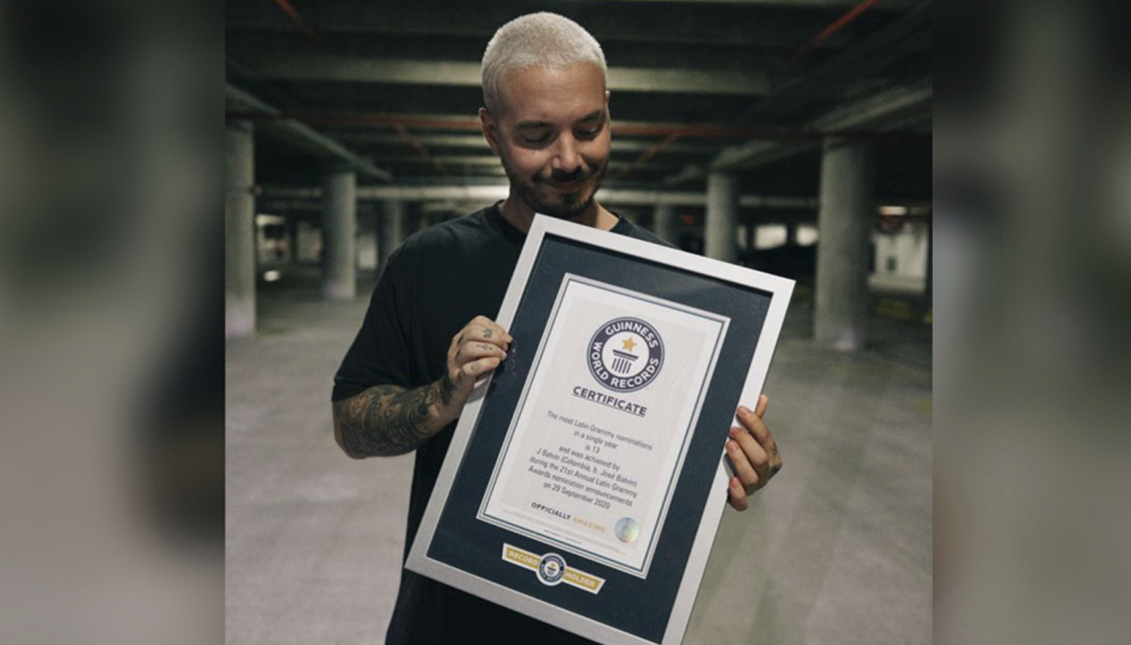
Seven things that happened at the 2020 Latin Grammys
It was an atypical evening influenced by the pandemic where reggaetoneros did not win. Here is a list of seven things you should know to keep up with what…
Friday, Nov. 20 was the post-gala of the Latin Grammy Awards, the most important U.S. awards ceremony dedicated to Latin music, which held its 20th edition from Miami in an event marked by music greatness and digital communication. The artists in attendance were Zooming into the ceremony, as many of us have been forced to do in recent months, to find a show without an audience and in which Victor Manuelle had taken the place of Carlos Rivera alongside Yalitza Aparicio and Ana Brenda Contreras. There were also different shout outs for Rio de Janeiro, Buenos Aires, Mexico City and Madrid, during Jose Luis Perales' performance.
Here are seven other notables on the night:
1. J. Balvin's 13 nominations did not pan out, nor did those of reggaetoneros Bad Bunny or Ozuna. The big awards of the night went to the old rockers genre: "Song of the Year" was "René' by Residente — ex-Calle 13 — "Album of the Year" went for Un canto por México vol.1 by Natalia Lafourcade, "Recording of the Year" for Contigo by Alejandro Sanz. Ricky Martin also won "Best Contemporary Pop Vocal Album" with Pausa.
2. But it wasn't all bad news for the "perreo" scene. The three great legends of the moment won some prizes among their many nominations. Bad bunny won "Best Reggaeton Performance" for "Yo Perreo Sola" and J Balvin won the "Best Urban Music Album" with Colores. The Puerto Rican Ozuna shared two awards with Rosalía for the song "Yo x ti, Yú x mí," for "Best Urban Fusion Performance" and "Best Urban Song." And there was also the Colombian Mike Bahía as the New best artist.
3. Rosalía did it again. The Catalan continued to dominate the gala as she did last year, when she conquered half of America with her flamenco heritage. Her formula that mixes the tradition of her first albums with the most avant-garde of the genre assures her of being one of the most promising female artists of the decade. She shared two awards with Ozuna and another with rapper Travis Scott for "TKN" in the category of "Best Short Version Music Video." Her joy was evident in the video she shared with her fans on social media along with the promise of new songs.
4. When Residente was given the award for "René" in the quiet of his home and with a beer in hand, he gave one of the most intimate speeches of the evening that was critical of the influence of social media on music:
"Art was not made to win awards or set records. Art is made to be a reflection of what affects us, to be free and say what we feel," he said.
RELATED CONTENT
He also stressed that one shouldn't be afraid of "not playing on Spotify or on the radio, fear of not selling, but in art, you can't be afraid. That's the difference between being a businessman or an artist. I made this song without fear of being vulnerable in front of you."
5. The popular Argentine singer-songwriter and film director Fito Paez also managed to make a name for himself by winning two of the evening's awards: "Best Pop/Rock Album" for La Conquista del Espacio and "Best Pop/Rock Song" for "La Canción de las Bestias." These were not all the awards that fell to the country. There was also room for tango as Gustavo Casenave and his quartet won "Best Tango Album" for Fuelle y Cuerda.
6. Mon Laferte became the Chilean with the most Latin Grammys, tying with Beto Cuevas, when she won "Best Rock Song" for "Biutiful." It was a track she proposed to celebrate with a group masturbation alongside Twitter followers.
7. The awards for Spanish artists did not end with Alejandro Sanz. Daniel Minimalia from Ourense became the first Galician to win a golden gramophone for "Best Instrumental Album" for his work on Terra, his second attempt after a nomination in 2017. "The Best Flamenco Album" also fell to Spain and was won by Antonio Rey from Jerez for Flamenco sin Fronteras.
You can check out the results and other winners of the most important night in Latino music but, most likely, when the pandemic is over, you will finally hear them while dancing on at the club or stage.



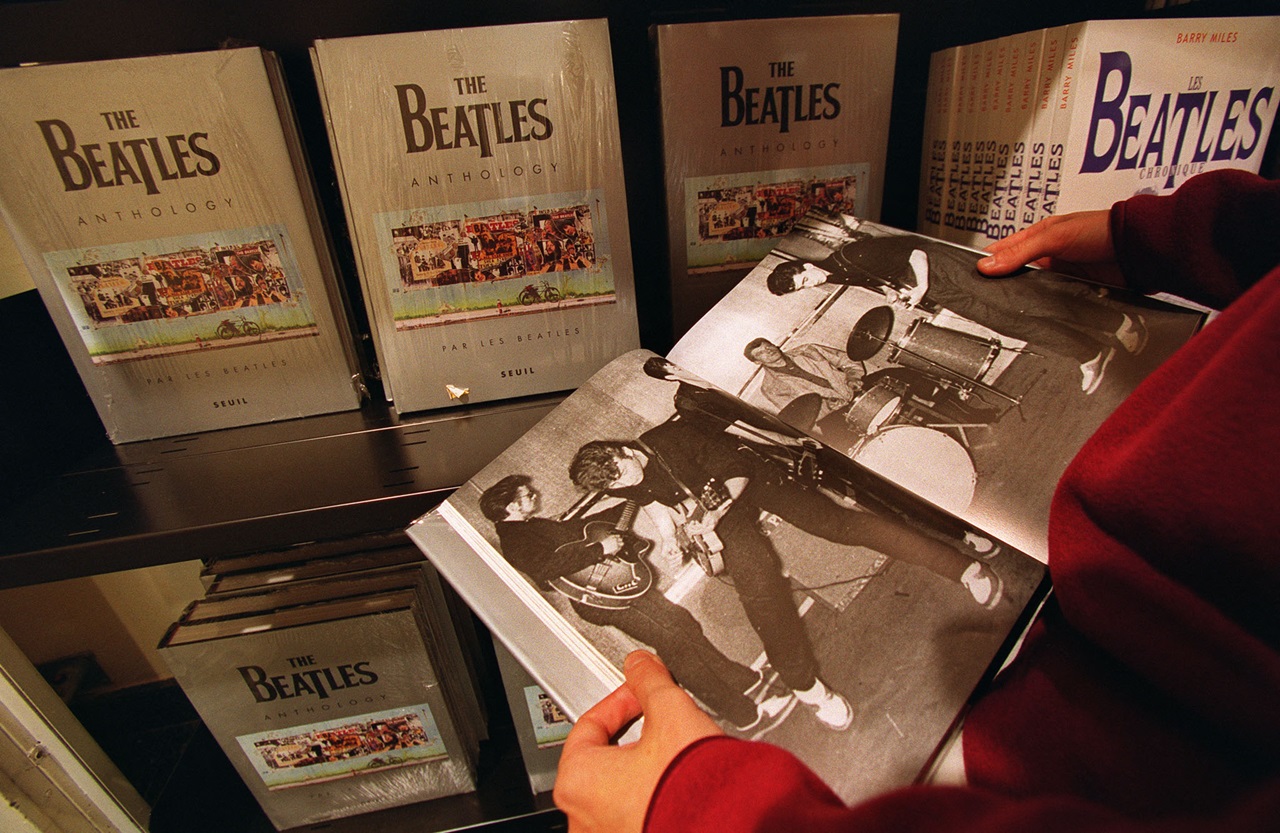

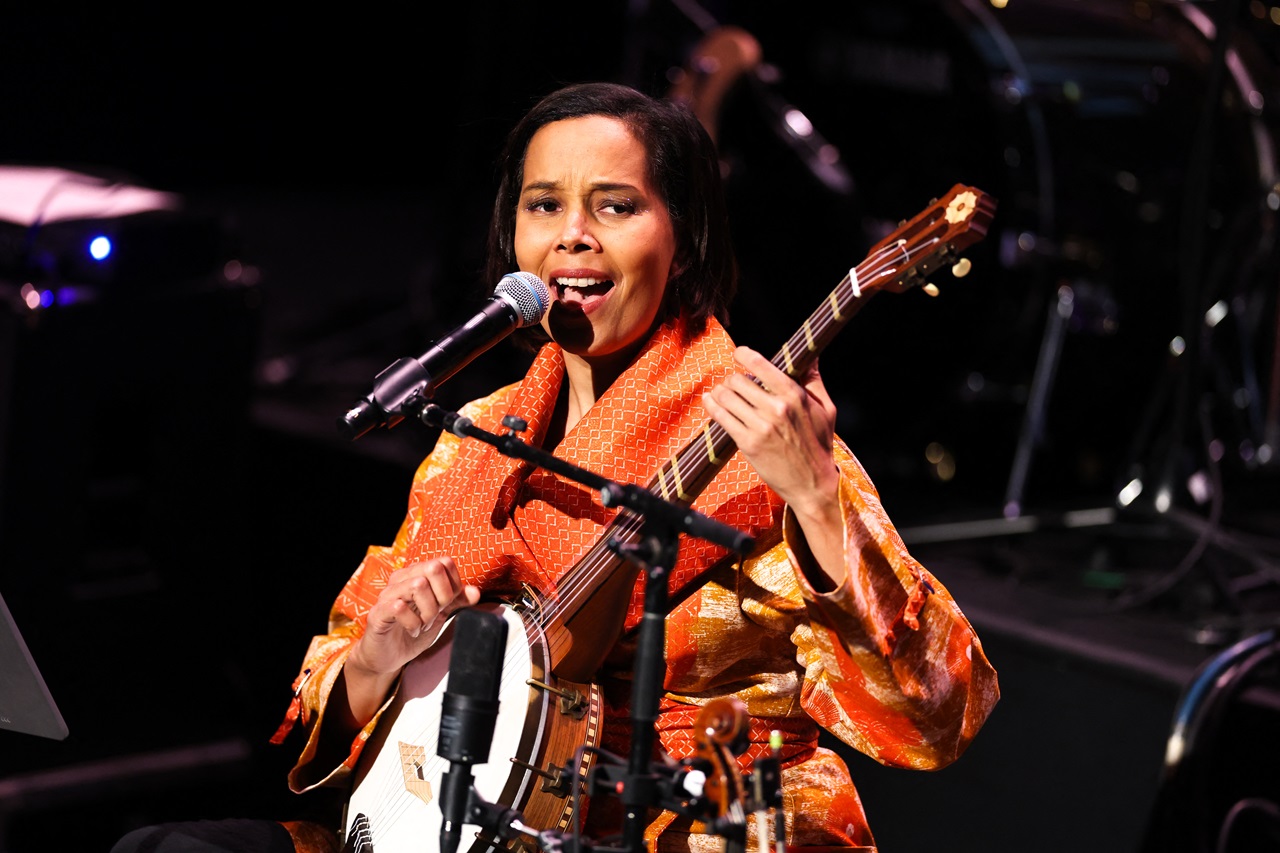
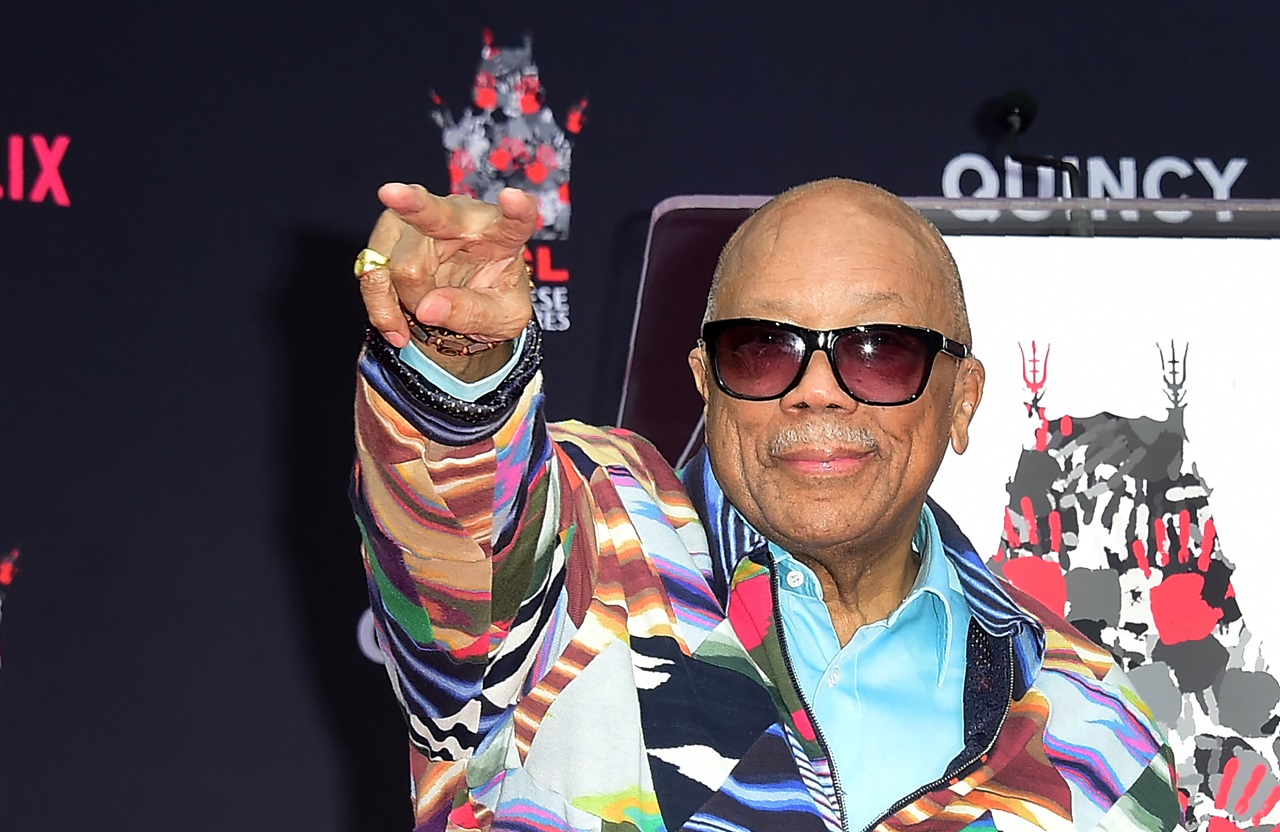


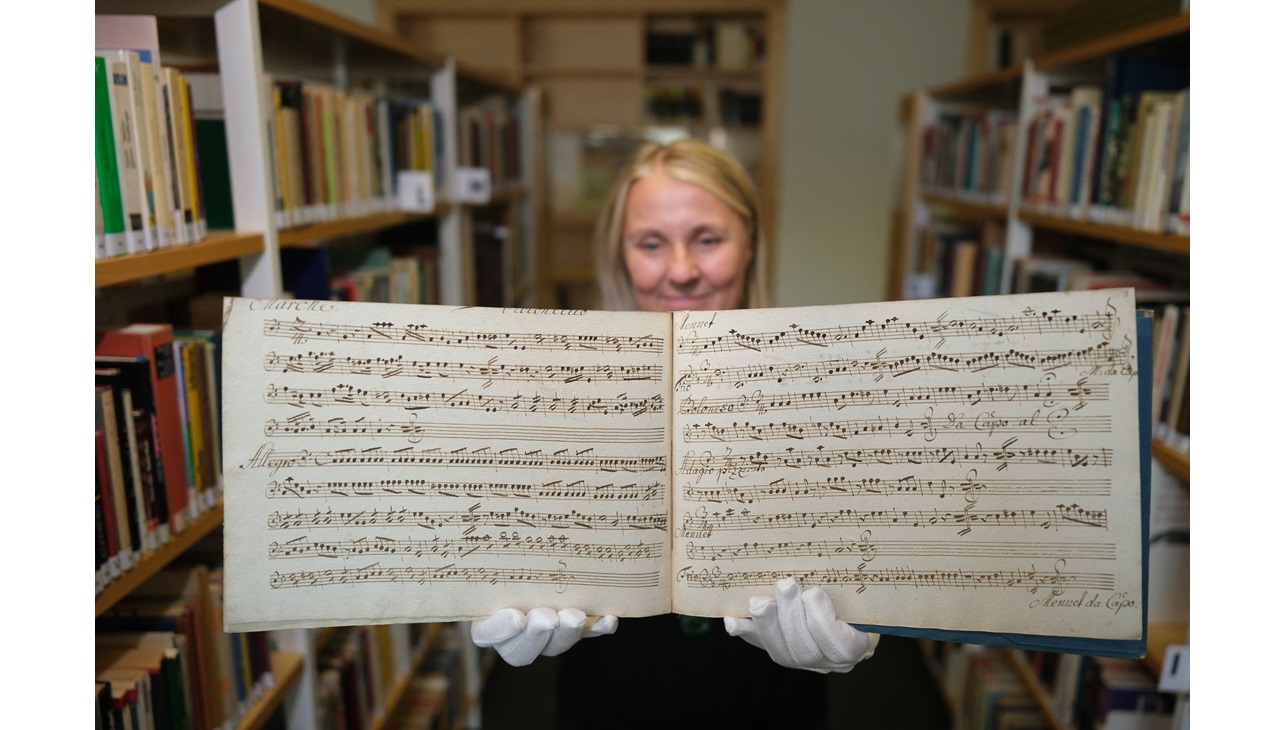

LEAVE A COMMENT:
Join the discussion! Leave a comment.